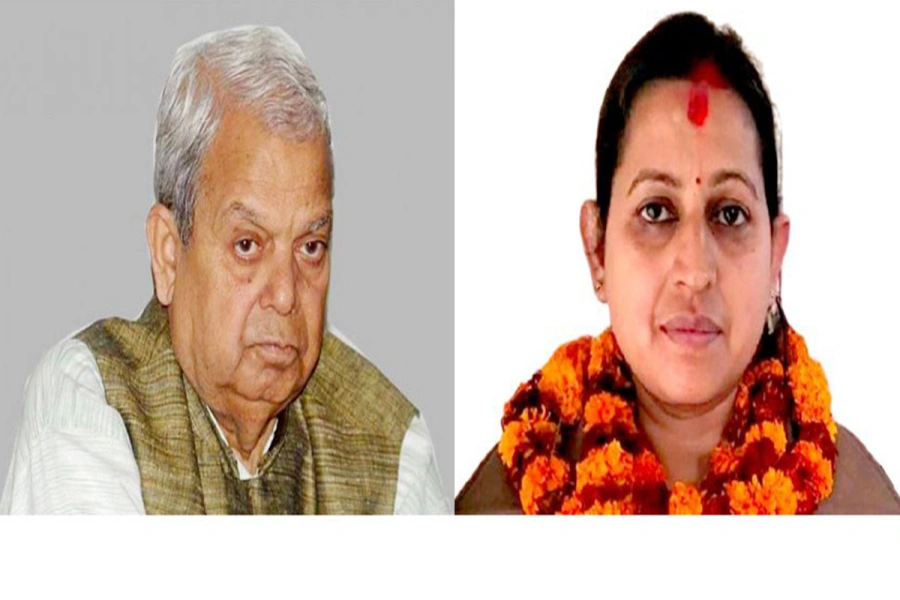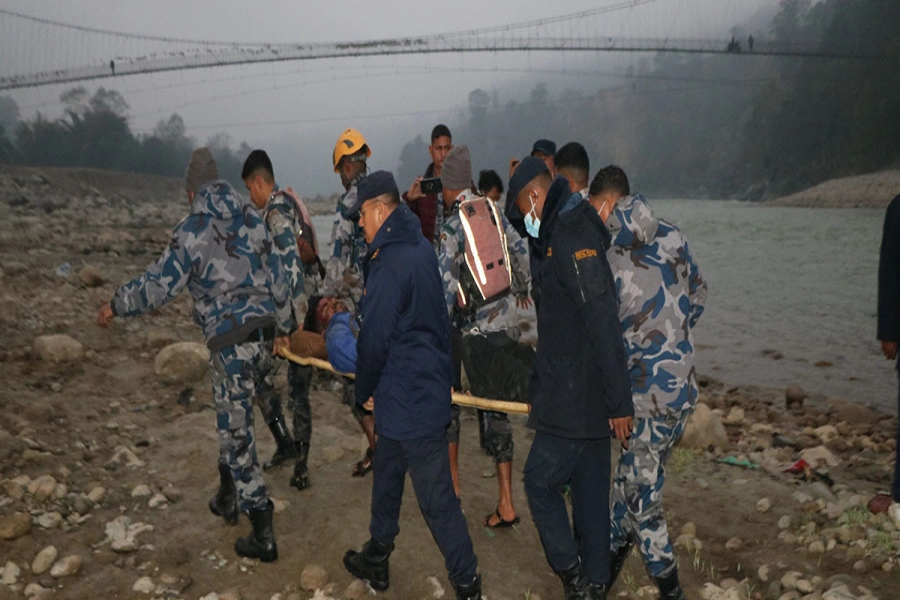Tewa is a self-funded organization that was established to work for women empowerment. But, in the last decade, it realized the need to invest in children as well and have been conducting children’s program every Saturday. Sarada Gurung and Tara Thapa joined Tewa as volunteers in 2003 and 2005 respectively. When the children’s program began in 2007, they both jumped on the bandwagon and have been taking care of the project. The children lovingly refer to them as “guruama”. Isha Upadhyay talked to them to find out how their decade-long journey has been and what challenges they have had to overcome along the way.
The target group
Although this program started with children between the ages five to fourteen, it currently only has children aged seven and up. “After 14 years of age, they graduate from the children’s program and can take the volunteer training to be a part of the organization as a recognized member,” reveals Gurung. They don’t have a bus service yet so the main focus, for now, are children of the immediate community. But there are some children who join the program for exposure visits and picnics. They are mostly children of the volunteers who like the program and bring them along for the experience.
Look at the brighter side of life

The objectives behind the program
Tewa aims to bridge the gap between the children in the community who come from different backgrounds and to engage them in various educational and recreational activities. The new generations of children are entirely focused on studies. “When we look at children in the developed nations, their schooling till they are in the fourth or fifth grade is relatively light and it’s only when they reach high-school that the actual pressure sets in. Therefore we focus on non-school related areas and on giving them experiences rather than bookish education,” says Gurung.
Activities available
Children these days don’t really have any down time, so Tewa focuses on things that won’t take too much of a toll on them. They have regular art, dance, and music classes and if a child has a penchant for any of these activities, they can make it their focus during their time at the organization. “School can be stressful so letting them explore their talents and do what they want can help them de-stress as well as shape their personalities,” says Thapa. They organize exposure visits every once in a while where the children are taken to various heritage sites around the valley. They organize picnics as well as talk programs on philanthropy. Tewa feels that children should be exposed to a giving attitude and learn to help people from a young age. “People have become increasingly selfish and forget about the ones in need when they have everything they want. This is a feeling we want to eliminate in the younger generations,” says Gurung.
Challenges of working with children
“One of the biggest challenges we face is managing children from all walks of life in a single room,” confesses Gurung. The home environment makes all the difference in a child’s life and when there are children from different backgrounds, the differences become obvious. They have children of working class families who come in and sometimes even swear because it has become a norm for them. The others, however, aren’t exposed to that environment or language, and they have to work extra hard to teach these kids proper etiquettes. The intermingling of these household cultures doesn’t always work out well. However, parents in the community like the influence the organization have on their kids, so the teachers have to be vigilant about them not learning any bad habits or language.
Since the children are from different financial backgrounds, not everyone has the same privileges. Some are well dressed and don’t repeat their outfits whereas others sometimes don’t even show up in clean clothes. They got around this issue by talking to both sets of parents about it. “We asked one set to remember that it’s okay to repeat outfits and told the other set to make sure that their children were clean and presentable when they come for the children’s program,” says Gurung. This, to a large extent, has helped bridge the gap between the children.
The fee structure
Ten years ago, they charged Rs 50 per month per child in order to sustain the program. “If not anything else, we thought we could cover the lunch costs,” says Thapa. They then had to increase the charge to Rs 75 and now, it’s Rs 100 per month. But, post the fee increment, a lot of children that didn’t come from financially stable families decided to drop out so they are now considering raising money to fund the program. “These are children who stand to benefit from the program the most and they had been improving a lot too, so we are looking forward to making it free of cost,” says Gurung.
How it helps
There are kids who have been with Tewa since the children’s program began, and there are countless others who have already graduated. The teachers reveal that they have noticed a lot of changes in the children over the years as they continue with the program. “They have started taking initiatives and organized the teacher’s day program on their own,” says Thapa. When they organize programs for mother’s day, father’s day, or do fundraisers, the children don’t shy from emceeing and being on stage. Those who were previously shy are now giving speeches on-stage in front of a huge crowd. “We think that these kinds of changes wouldn’t have been possible solely through school activities and we want to continue making an impact on the lives of these children,” she concludes.







































